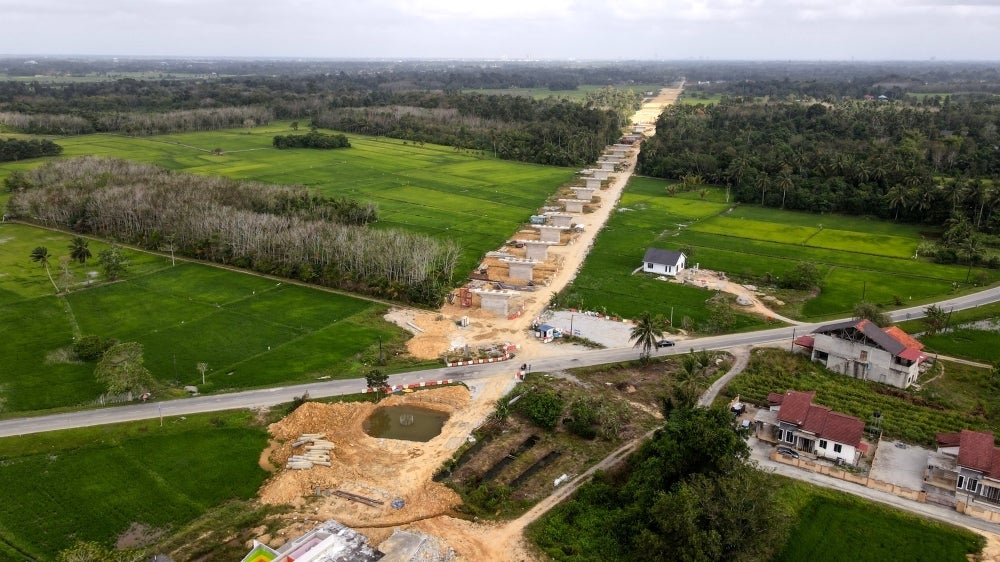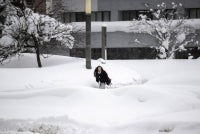Money from ECRL could have benefitted Sabah, Sarawak cargo industry, says expert

Ongoing ECRL construction work at Kota Bahru. - Bernama pic
SHAH ALAM: Malaysia’s Borneo states of Sarawak and Sabah are being left out of vital transport development as the East Coast Rail Link (ECRL) takes up national resources to build a link that may bring little benefit, a transport expert said.
Rosli Azad Khan said the money spent on ECRL is better utilised in areas that demand better infrastructure facilities to cater for bulk cargoes, such as areas in Sabah and Sarawak and that major rail projects would make more economic sense in those states.
He said the railway's main advantage is to reduce transport or logistics costs for bulky cargoes or building materials such as cement, aggregates, coal or oil.
“Money spent on ECRL is better utilised in areas that demand better infrastructure facilities to cater for bulk cargoes, such as areas in Sabah and Sarawak. They produce bulk cargoes such as oil, gas, minerals, timber and palm oil which currently suffer from high transport cost as they get transported either by road or rivers,” he told Sinar Daily.
As for the viability of the ECRL and its potential benefits in the east coast states of Kelantan, Terengganu and Pahang, Rosli said these areas are sparsely populated, negating any public transport utility of the ECRL while also not having the economic base to support commercial cargo.
“The three states have limited economic and commercial activities. Economic growth for the three East Coast states are lower than the national average with little potential in manufacturing or industrial investment.
“The three states are already well served by roads, highways and airports. They don't need railway connections in order to accelerate their economic growth which are small and limited.
"Road transport could play an effective role and connect all the districts within the states. The high costs in building ECRL cannot be recovered by the low passenger and freight demands,” he explained.
Rosli, who has over 30 years of experience in the transport industry also noted the lack of transparency with costs associated with the ECRL with the government only giving the current costs as a whole without a detailed breakdown, with even the cost of the initial single-track plan being excessive.
“I know that when measured in terms of cost per kilometre, it is extremely high for a single-track railway, especially when compared to the cost in other countries with similar terrain or the cost of a similar system in China itself. We could build it at half the cost, even with a double track,” he said.
The ECRL has proven to be a politically charged issue since its inception, with critics alleging that its costs are greatly inflated and that even upon completion the 665 km line would not be able to recoup the cost to Malaysian taxpayers which stands at an estimated RM50 billion.
Environmentalists have also warned of the threats posed by the project which they have warned would contribute to even more deforestation, flooding and loss of biodiversity with critically endangered species having to face increasingly fragmented habitats as the line cuts across a number of forest reserves and rivers in several states.
Download Sinar Daily application.Click Here!















